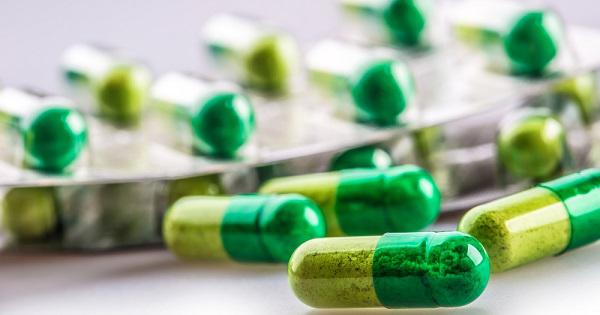April 2019
Spyros Petrou, Ioannis Mamais, Giagkos Lavranos, Irene P. Tzanetakou, and Stavri Chrysostomou
Abstract
Vitamin D is important in many cellular functions including cell cycling and proliferation, differentiation, and apoptosis. Via the induction of cell cycle arrest and/or apoptosis, vitamin D inhibits normal prostatic epithelial cells growth. Review the evidence of the effect of vitamin D supplementation on prostate cancer (PC) biomarkers and patient survival and assess optimal dosage, formulation and duration.
Pubmed, Medline and Ebsco Host databases were systematically searched for relevant literature. 8 Randomized Controlled Trials were included in this review. All studies, besides one, were of high methodological quality. 4 studies used calcitriol (0,5-45 μg/weekly), 2 studies have used vitamin D3 (150-1000 μg/daily) and 2 other studies have used 1α-hydroxy Vitamin D2 (10 μg/ daily or weekly). Duration of supplementation varied between 28 days up to 18.3 months. Two studies had positive effects on prostate specific antigen (PSA) (p < .05), 1 study had a significant positive effect on median survival (p < .05) and 1 study showed a significant reduction of vitamin D receptor (VDR) expression (p < .05).
The remaining studies showed negative or no effect on PC characteristics, clinical outcomes and/or survival. Current evidence suggests that vitamin D supplementation in conjunction with standard of care (e.g. chemotherapy, radiation therapy) may confer clinical benefits such as a decrease in serum PSA levels and VDR expression but further research is required to ascertain these results.
Calcitriol supplementation in doses ranging from 250-1000 mg for 3–8 weeks or a lower dose of 45 mg for 18.3 months, appear most beneficial regarding outcomes of PC progression and survival.










